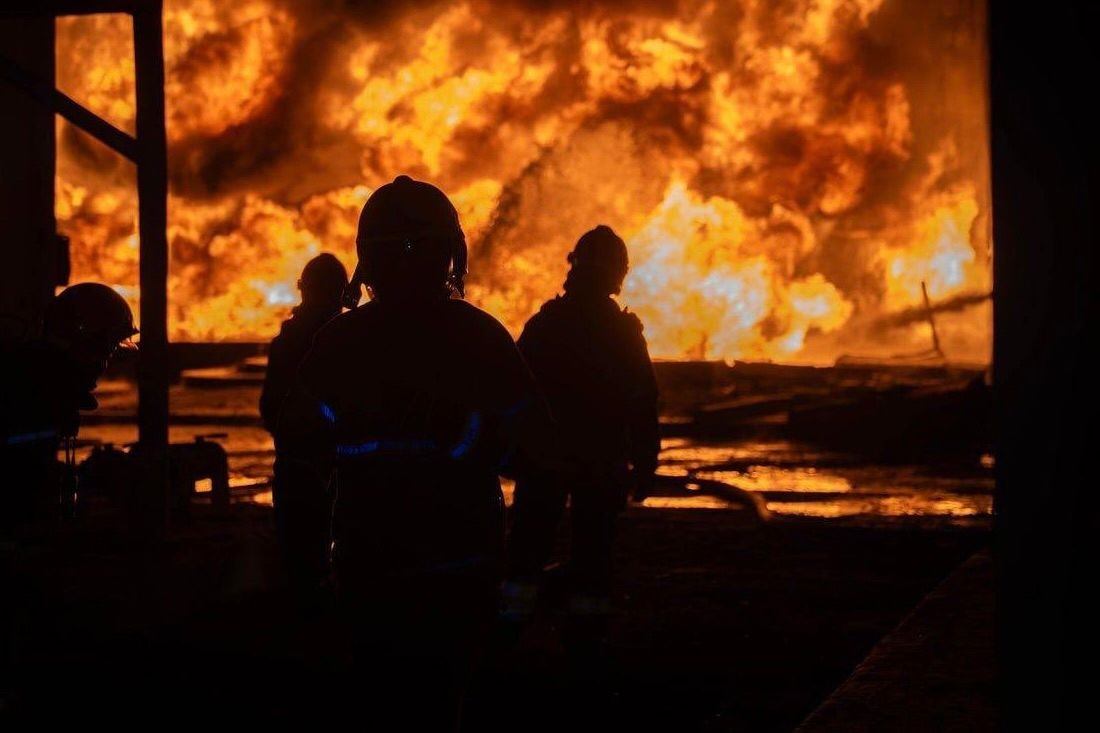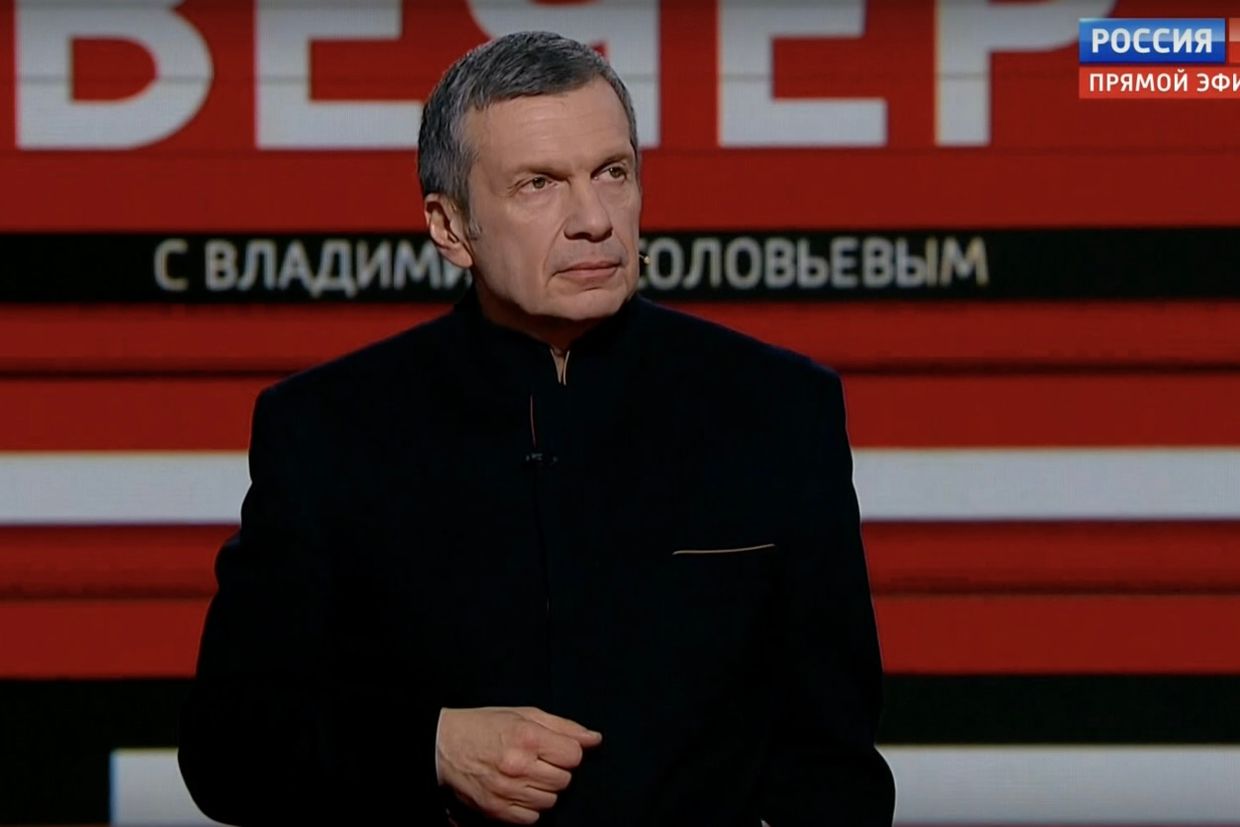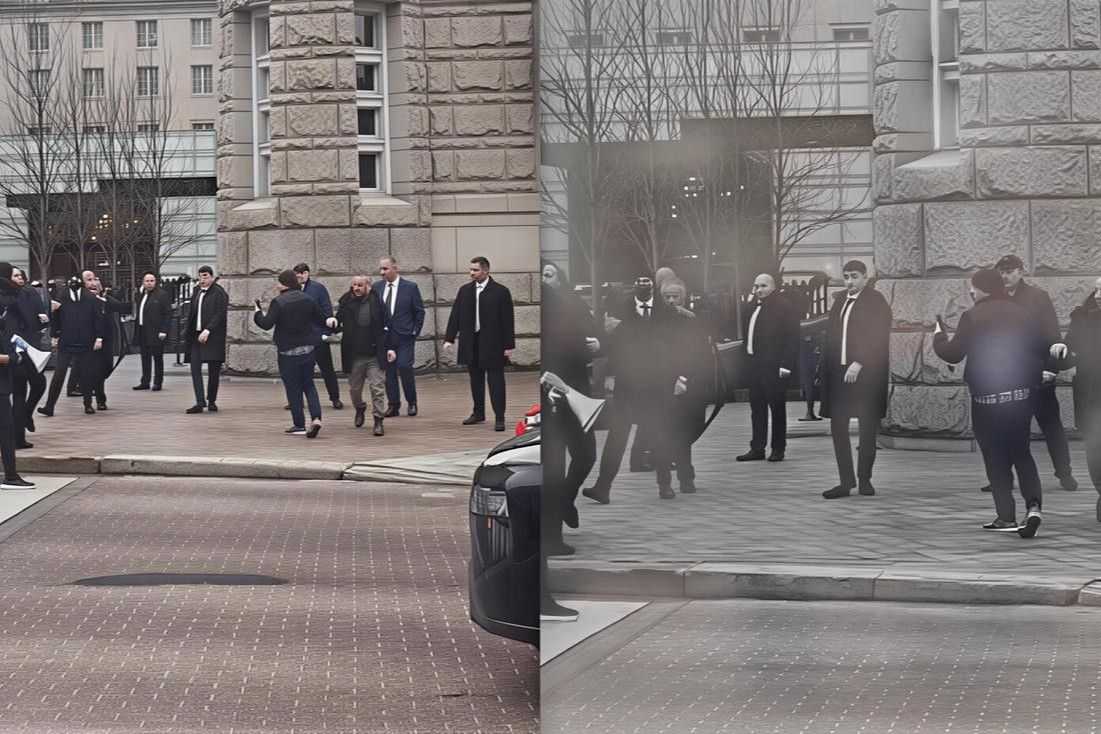
Editor’s note: This article has been updated to include comments from Ukrainian Foreign Minister Andrii Sybiha.
A petrol depot belonging to the Azerbaijani state-run oil company SOCAR in Ukraine’s Odesa Oblast was struck by Russian drones during an attack in the area overnight, resulting in a fire and damage to the facility. It was the second time in August that the petrol depot had been hit by Russian drones.
Earlier in the day, Odesa Oblast Governor Oleh Kiper said that a ‘fire broke out at a fuel and energy infrastructure facility and a two-story building in the suburbs of Odesa’ as the result of Russian drone strikes.
The Azerbaijani pro-government media outlet APA then reported that the SOCAR facility had been hit.
‘As a result, 17 fuel tanks, a pumping station building, operator and technical rooms, as well as weighing facilities were damaged, and the depot’s fence was destroyed.
APA later shared a video of the blaze at the facility.
Rusiya Odessada SOCAR-ın yanacaqdoldurma məntəqəsini vurub - VİDEOhttps://t.co/wF5FHIBI1i pic.twitter.com/Igp32sqIn7
— APA İnformasiya Agentliyi (@APA_agentliyi) August 18, 2025
There were no casualties reported by either Kiper or APA, but later, the Azerbaijani pro-government media outlet Caliber claimed that ‘four SOCAR employees were seriously injured’.
Ukrainian Foreign Minister Andrii Sybiha later commented on the attack, saying that ‘Moscow does this on purpose, acting against Azerbaijan’s interests’.
After the previous strike, Azerbaijani President Ilham Aliyev had a phone call with his Ukrainian counterpart Volodymyr Zelenskyi, where the two ‘condemned the deliberate airstrikes by Russia on an oil storage facility owned by Azerbaijan’s SOCAR in Ukraine, as well as other Azerbaijani facilities and a gas compressor station transporting Azerbaijani gas to Ukraine’.
‘They emphasised their confidence that these attacks would not hinder energy cooperation between Azerbaijan and Ukraine’, the statement shared by Aliyev’s office continued.
Following this, Azerbaijani media began circulating suggestions that the attack, along with other recent hostile Russian actions, could result in Baku changing its current position of declining to send military aid to Ukraine.
Caliber doubled down on Monday after the second attack, accusing Russia of using drones to carry out ‘an indirect attack on Azerbaijan’.
‘The strike on its facility shows that the Kremlin is willing to target Azerbaijani assets abroad, regardless of possible political consequences’, a Caliber article read.
Caliber further argued that the attack was a ‘message’ from the Kremlin, aimed at putting ‘pressure [on] Azerbaijan through the Ukrainian war front, showing its dissatisfaction with Baku’s active energy cooperation with Europe and Ukraine’.
‘However, such actions only speed up Azerbaijan’s strategic alignment with the West, weakening the Kremlin’s position in the South Caucasus’.
While the strike was largely ignored by Russian media, as is commonplace for attacks on Ukraine, Russian propagandists claimed that the SOCAR facility was directly targeted.
‘Hitting the Azeris where it hurts [...] without technically escalating or expanding the theatre of conflict is smart and cool’, the popular X account Russians With Attitude wrote.
The strike on the SOCAR facility comes at a low point in Azerbaijan’s relations with Russia, fueled by the deadly crash of an Azerbaijan Airlines (AZAL) flight in December 2024, which Baku has blamed on Russian air defence, as well as the deaths of two ethnic Azerbaijanis during a Russian police raid in Yekaterinburg in June 2025.












